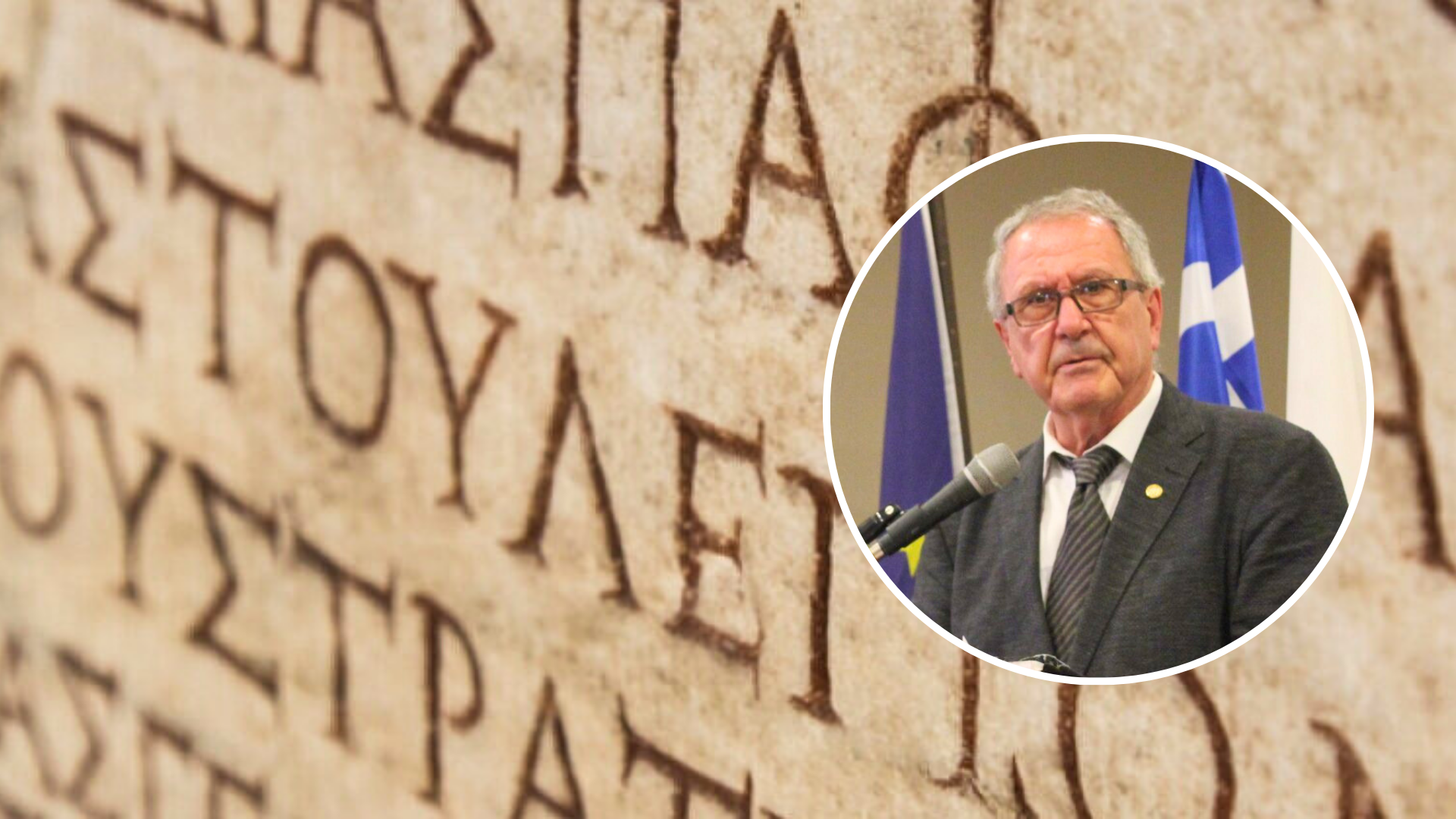The Australian Government, through its Permanent Representative to UNESCO, refused last week to vote in favour of recognising 9 February as an International Day for the Greek Language. Via its representative, Australia declined to join the other members of UNESCO’s Executive Board in acknowledging the uniqueness of the Greek language within global civilisation.
Despite significant efforts by Greece’s Permanent Ambassador to UNESCO, Georgios Koumoutsakos, and Greek diplomacy more broadly, the Australian Government refused to co-sign the initiative along with 87 (a record number) of proposing countries — a group that notably included the United States.
Mr Koumoutsakos, I can confidently say, presented Australia’s Permanent Representative with arguments of particular relevance and sensitivity to Australia itself.
Australia’s decision not to support the recognition of an International Day for the Greek Language is a disgrace and an insult to Hellenism in Australia, a community that plays a leading role in the country’s economic and cultural affairs.
The Australian Government’s refusal to support this proposal — one that directly concerns the Greek ethnic minority, a group with significant contributions to Australia — is especially provocative and offensive, given that Greek has been officially recognised as one of the ten Priority Languages in Australia since 1987. Even more so, when 87 UNESCO member states had already expressed their support.
Under pressure, Australia’s Permanent Representative eventually agreed not to vote against the proposal, as did a few others for various reasons. As a result, the motion passed unanimously.
This is a major achievement, and everyone must understand the historical significance of this decision. Among other things, it is particularly important for the Greek Diaspora and the preservation of cultural identity, of which language is the most immediate and accessible component.
But this is not simply about another language being endorsed. It is about the unparalleled nature of the Greek language and its profound cultural contribution to humanity — something Australia refused to acknowledge.
It concerns the recognition of this truth, which all 195 United Nations member states — in other words, every country on the planet — are expected to affirm unanimously.
Unfortunately, Hellenism has yet to fully grasp the importance of this global recognition.
The Greek language, once studied and taught in countries with a strong Greek diaspora and strong philhellenic sentiments, will from 2026 be celebrated with events, cultural activities and competitions dedicated to our language in countries across the globe — helping make foreigners and non-Greek speakers initiates and sharers of its value.
*Professor Anastasios M. Tamis taught at Universities in Australia and abroad, was the creator and founding director of the Dardalis Archives of the Hellenic Diaspora and is currently the President of the Australian Institute of Macedonian Studies (AIMS).
